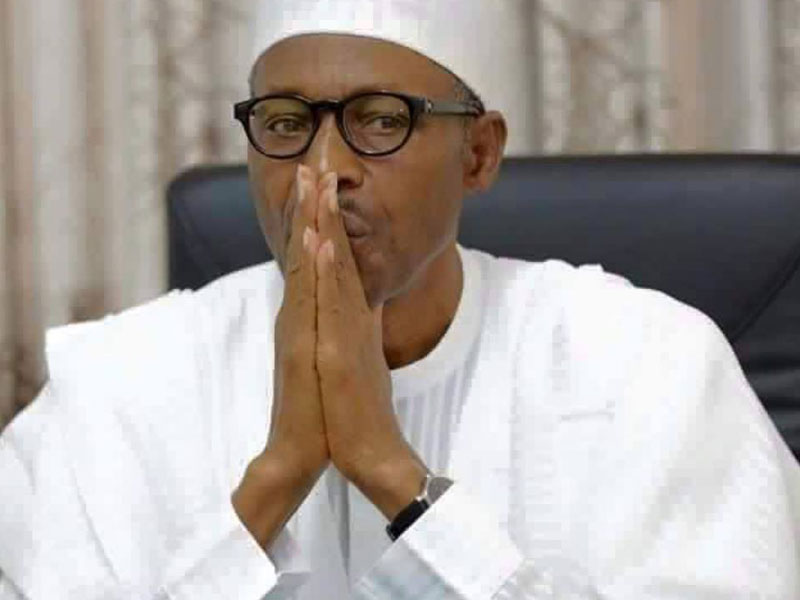
AYODELE OLUBUSE
President Muhammadu Buhari said until the country’s exit from recession could translate into meaningful improvement in peoples’ lives, “our work cannot be said to be done.”
The President said this in Daura while fielding questions from reporters shortly after receiving the President of Niger, Alhaji Mahamadou Issoufou.
According to a statement by his Senior Special Assistant on Media and Publicity, Garba Shehu, the President said Nigerians would experience a change in their living conditions soon.
“Certainly, I should be happy for what it is worth. I am looking forward to ensuring that the ordinary Nigerian feels the impact,” Buhari stated.
He commended all the managers of the economy for their hard work and commitment, stressing that more work needed to be done to improve the growth rate.
“Until coming out of recession translates into meaningful improvement in peoples’ lives, our work cannot be said to be done,” the President added.
The Special Adviser to the President on Economic Matters, Dr. Adeyemi Dipeolu, attributed Nigeria’s exit from economic recession to the slight improvement in oil prices.
Dipeolu, in a statement on Tuesday, said that despite the exit from recession, “the nation’s economic growth remained fragile and vulnerable to policy slippages.”
He said the oil sector grew by 1.64 per cent compared to -15.60 in the first quarter of the year, an increase of up to 17 percentage points.
Dipeolu assured Nigerians that the current administration would intensify efforts to actualise the nation’s Economic Recovery and Growth Plan.
“This improvement is partly due to the fact that oil prices, which have improved slightly from the lows of last year, have been relatively steady, as well as the fact that production levels were being restored,” he added.
He stated, “The GDP figures give grounds for cautious optimism, especially as inflation has continued to fall from 18.72 per cent in January 2017 to 16.05 per cent in July 2017. Foreign exchange reserves have similarly improved from a low of $24.53 in September 2016 to about $31bn in August 2017. In the same vein, capital importation grew by 95 per cent year-on-year, driven by portfolio and other investments, but also notably by foreign direct investment, which increased by almost 30 per cent over the previous quarter.
“Foreign trade has also contributed to improving economic conditions, with exports amounting to N3.1tn in Q2 2017, while imports, which increased by 13.5 per cent, amounted to N2.5tn in the same period. The overall trade balance thus remained positive at N0.60tn.
“Unemployment, however, remains relatively high but job creation is expected to improve as businesses and employers increasingly respond more positively to the significantly improving business environment and favourable economic outlook.”
-
![]() ABA MADE: BoI agrees to fund Aba shoemakers
ABA MADE: BoI agrees to fund Aba shoemakers -
![]() EDUCATION: Non academic workers of varsity, poly, begin strike Monday
EDUCATION: Non academic workers of varsity, poly, begin strike Monday











0